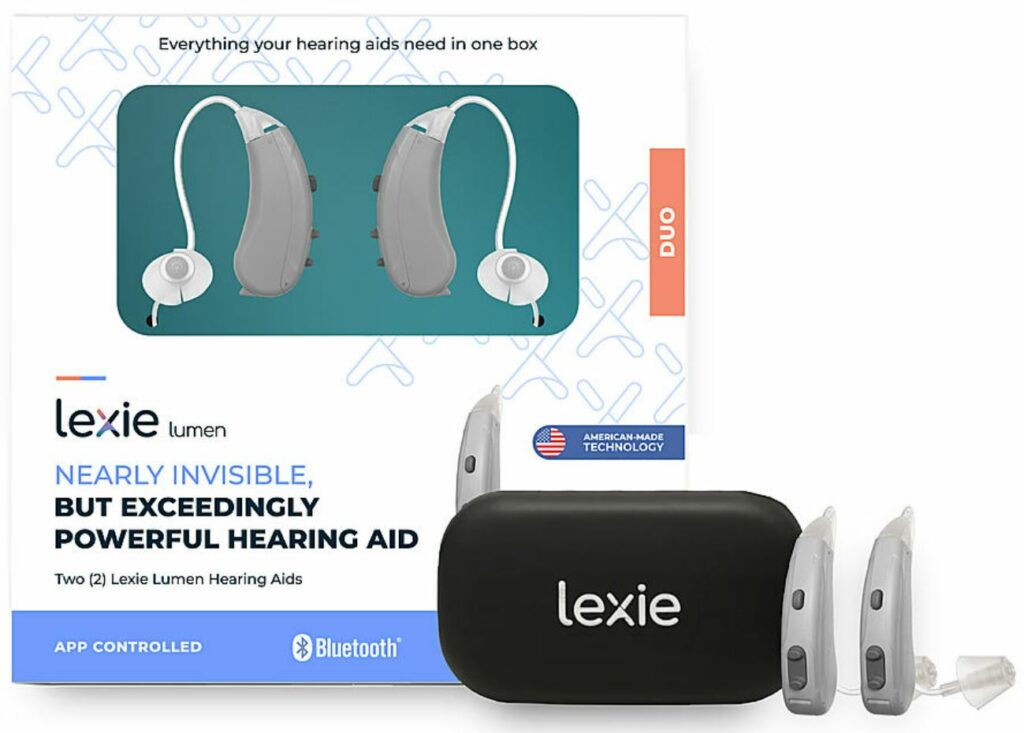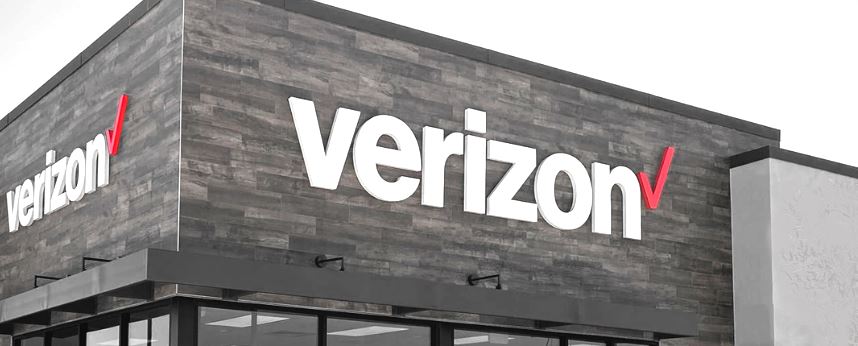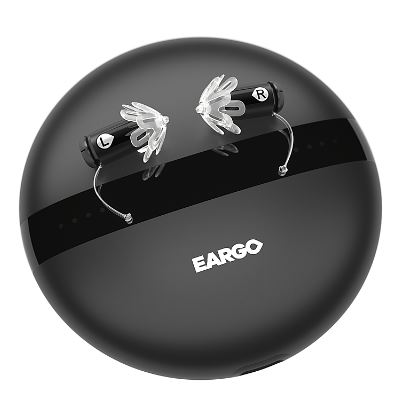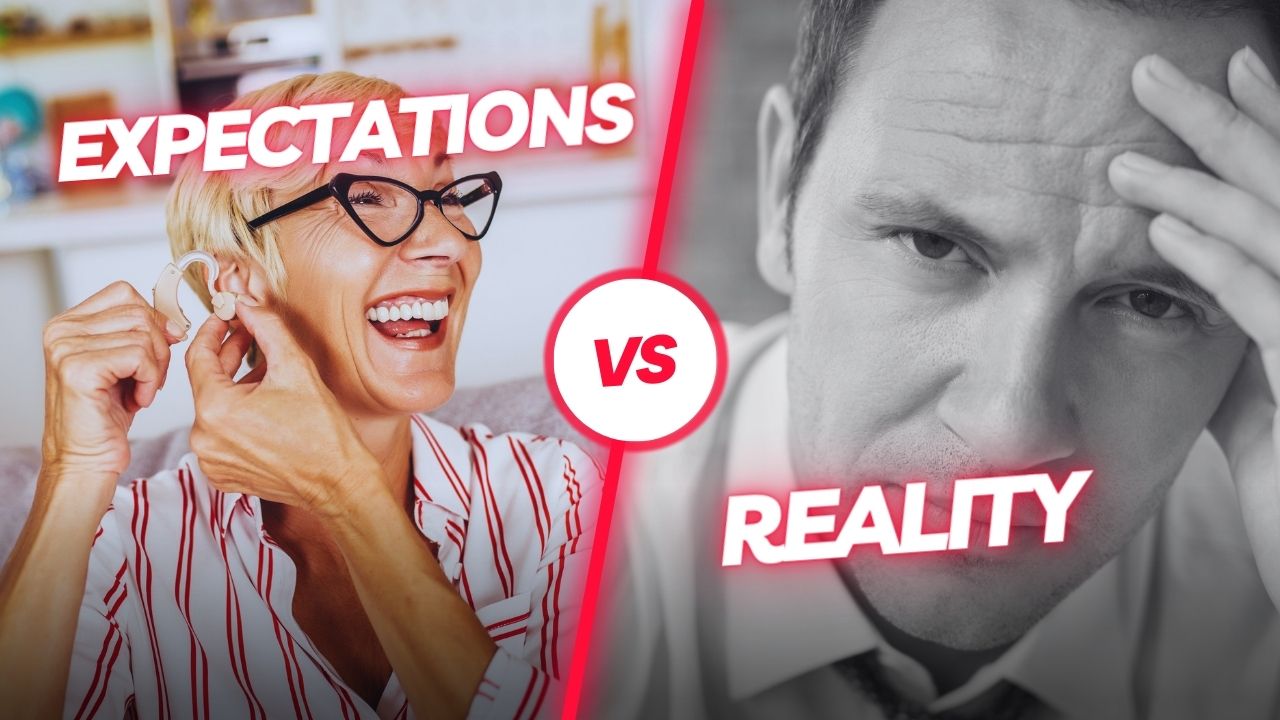By Stephen O. Frazier
The much anticipated roll-out of over-the-counter (OTC) hearing aids has now rolled and gotten more attention from the media than any other hearing care or hearing loss topic in years.
Barbara Kelley, the Executive Director of the Hearing Loss Association of America, an advocacy organization for what’s termed the “invisible disability” and often, itself, invisible to the media, was interviewed by, among others, CNN, PBS, and even the New York Times. Reports on what retailers were going to be carrying which OTC devices were rash and changing right up to the official kick-off date of October 17.
Some of the stores offering this new class of hearing aids are nearby so I decided to pay them a visit and here’s what I found…
Walgreens
In the case of Walgreen’s, Business Wire got the story right, Walgreens would be carrying the Lexie Lumen hearing aids in stores to retail for $799 a pair. They quoted Luke Rauch, Walgreens senior vice president and chief merchandising officer, as saying, “Together with Lexie Hearing, we are making it easy for customers nationwide to purchase high-quality hearing aids directly from their neighborhood Walgreens, both online and in-store.”

In October 2022, Walgreens announced they would be selling OTC hearing aids in store and online
The Lexie Lumen, the only OTC hearing aid currently stocked in their stores, appears to be the only OTC device from a major maker that includes telecoils – a “must have” feature for experienced hearing aid wearers. On Lexie’s own website they list, “Telecoil functionality that sends speech to your hearing aids through an induction loop system” but you find no mention of telecoils in Walgreen’s add for the devices.
I gave the retailers some time to get their OTC hearing aid plan up and running and then in response to Mr. Rauch, I went to my neighborhood Walgreens to look at the Lexie hearing aids and talk to a sales person to learn what training he or she had been given on the devices. Nobody in the store thought they carried hearing aids–including the pharmacist. Then I got a report that Walgreens in Santa Fe (an hour away) had and was selling them. I waited several days and paid another visit to Walgreens. I told the store manager I’d heard they were selling hearing aids at a Santa Fe Walgreens and asked if they, too had them. His reply was, “I don’t know” but let me check with my merchandise expert. He came back and told me, “Yes, we have them and they’re in the pharmacy department.” I went there, asked about them and was told by a sales clerk, “Oh, we have one box of them, I don’t know why, we don’t sell them.”
 I told her their online ad said they do sell them so she called the pharmacist over and I asked if he had been trained to sell hearing aids. His response was, “No, why would I be trained? We don’t sell hearing aids.” When told ASHA was offering a special course on hearing aid technology to pharmacists his only response was, “I don’t need it, we don’t sell hearing aids.”
I told her their online ad said they do sell them so she called the pharmacist over and I asked if he had been trained to sell hearing aids. His response was, “No, why would I be trained? We don’t sell hearing aids.” When told ASHA was offering a special course on hearing aid technology to pharmacists his only response was, “I don’t need it, we don’t sell hearing aids.”
Best Buy
Next I visited my nearby Best Buy. In their press releases they had said they would be carrying ten different OTC hearing aid models and would train the sales staff (referred to as “blue shirts”) in explaining the difference in those models and helping that consumer find the right one for him or her.

Best Buy has been promoting the company’s plans to sell OTC hearing aids for some time, with plans to offer several models in store and online
I asked a Geek Squad member in the computer area where their new hearing aid department was and was told it was in the cell phone area. I went there and looked around for some sort of signage indicating the presence of a hearing aid display but saw nothing so I approached a “blue shirt”. He was busy showing another “Blue Shirt” something on a computer so he pointed me to where I would find hearing aids and said he would be over to help me as soon as, “I finish this.”
I wandered over to an aisle that had a display of wired and wireless earphones and, low and behold, there was a small section displaying OTC hearing aids – the ten different models their advance publicity had mentioned and, surprisingly, a $799 pair of Tweak Enhance Personal Sound Amplifiers from Ear Technology Corporation were displayed. The Tweak PSAPs were right next to a $299 pair of Go Hearing OTC aids. This should certainly confuse customers. All of the hearing aids were in their chargers or carrying cases behind a Plexiglas shield and I found no literature explaining the features of any of the devices – just a card hung down at knee level that you could take someplace to turn in for a boxed set ready for checkout.
Best Buy had made a big deal in their announcement about their trained “Blue Shirts”; but my “Blue Shirt” was still busy helping his co-worker . Fortunately, another had just finished with a phone customer so he came over to ask if he could help me. I told him I was interested in smart hearing aids and to use with my smartphone and asked him to tell me which of the various ones on display were smart enough to do that. His response was, “I can’t tell you much, they’re something new for us.” I asked, “Weren’t you trained on them before this display was set up?” His response was, “There’s a video training course but it’s not required so I haven’t taken it.”
Already knowing what answer I would get, I asked, “Do any of these hearing aids have telecoils?” His response was, “What’s a telecoil?” I moved on to the nearby Walmart.
Walmart
As with Walgreens, I’d seen a piece in the Santa Fe New Mexican that Walmart was selling hearing aids there (had even had someone break into the display and steal two pairs) not in the pharmacy, but in the vision center, so that was my destination.

Like other retailers, Walmart offers OTC hearing aids online and in-store
I was greeted by a young man who, when asked, told me they do not sell hearing aids. I told him about the Walmart vision center in Santa Fe so he then asked the optometrist who had just stepped out of her office about them. Her response was, “We don’t sell hearing aids here but they have them over in the pharmacy.” The young man then looked into a store directory via his smartphone and said, “I’ll show you where they are.”
Where they were was in a shelving section along with glucose meters and other devices and “they” were a single model of a PSAP – not hearing aids. Apparently this Walmart has not gotten either the word or the stock for their hearing aid department – wherever it’s going to be.
Verizon
Certain Verizon stores (those actually owned by Verizon Authorized Retailer Victra Wireless) are “selling” all three of the Eargo in the canal hearing aids, including the latest Eargo 7 model. I have several Verizon stores within a mile or so but none are owned by Victra. Their nearest Victra owned store is some distance away so I stopped there on the way home from a visit my partner and I were making to an elderly friend in a nearby nursing home.

Victra Wireless Verizon stores have partnered with Eargo to offer the company’s OTC devices to their customers
As we walked in the door I saw a display directly ahead with “Eargo – Introducing Micro Hearing Tech” in large, legible letters and thought, “This looks more promising.” There was only one sales person on the floor and he was helping a couple with smartphones. When he saw me looking at the display he stepped over, told me he would be a few minutes, and suggested I take a hearing test. The Eargo display contained brochures on their various models, a set of what appeared to be substantial, noise canceling earphones, and the ability to administer a “hearing screening.”
I suggested to my partner (who I suspect has a high frequency hearing loss) to take the test and he did so and got a report on the device that he might be” a good candidate for Eargo,” and it requested his name and contact information. He was advised that he would receive an email from them reporting the results of his screening. At this point he told me that while taking the test he could still hear the music coming from a room off the sales floor and also parts of the conversation going on between the salesman and the couple about fifteen feet aware. This, I realized, could negatively impact the ability to hear the softest tones in a hearing test and thus distort the results toward a hearing loss conclusion. It made the validity of the hearing test more than a little questionable.
 When he finished with the couple (who walked out with a shopping bag full of smart phones and various accoutrements), the sales rep came over, apologized for my long wait, and we proceeded to discuss hearing aids. I asked what training he had been given in hearing loss and hearing aids and he told me he had watched three separate videos on the topic. When asked how many hours that took his was response was, “Less than and hour – they were each around fifteen minutes long.” That had been only enough time for a quick over view of the three Eargo devices and their differences, their operation, and the mechanics of recording the administration of the screening to qualify for a small commission should the customer opt to buy some online.
When he finished with the couple (who walked out with a shopping bag full of smart phones and various accoutrements), the sales rep came over, apologized for my long wait, and we proceeded to discuss hearing aids. I asked what training he had been given in hearing loss and hearing aids and he told me he had watched three separate videos on the topic. When asked how many hours that took his was response was, “Less than and hour – they were each around fifteen minutes long.” That had been only enough time for a quick over view of the three Eargo devices and their differences, their operation, and the mechanics of recording the administration of the screening to qualify for a small commission should the customer opt to buy some online.
I asked how many hearing aids they had in stock and was told there was only a single pair and they were not for sale, that the test taker would be contacted by Eargo to follow up and, if called for, actually sell the hearing aids. It was at this point that it dawned on me that Victra/Verizon was not actually selling hearing aids over the counter, they were simply functioning as more of a shill to collect information on potential clients for Eargo.
Educating Consumers
It was obvious from these visits that consumers are going to have to do their homework on OTC hearing aids as help from “over the counter” (regardless of shirt color) would probably be minimal.
It was discount clothier Sy Syms who coined the phrase “An educated consumer is our best customer” in television ads forty years ago and it certainly applies to customers for OTC hearing aids today – those who are educated are the most apt to buy, to keep, and to use the devices most fitting for their lifestyle and needs
For such customers it’s “buyer beware” time. They can go online and review the specs for the ten models at Best Buy, the several identified as hearing aids and others not so identified on the Walmart site or the Lexie Lumen at Walgreens. With the latter, though, they’ll find no mention of the telecoils that the Lexie website says are in the devices.
If they didn’t see and save it, OTC hearing aid shoppers should probably go online to read and then print the article on OTC hearing aids in a recent AARP Bulletin while it’s still available – the topic is likely to go back into the closet with other matters the major media are not inclined to follow up on. Other resources such as Healthy Hearing or the National Council on Aging will help educate them.
The Hearing Loss Association of America has a wealth of information on hearing loss, hearing aids and OTC hearing aids including a buyer checklist on their website.
Conclusion
At this point, the question comes to mind, why go out to look at OTC hearing aids only to go home and research the various models online?
Why not just Google ‘OTC hearing aids’, look over the huge variety being offered and pick a pair. With all you’ll have a return for refund period of 45 days. With many of them you can talk to an actual live person who has had considerably more than a few short training videos as a knowledge base. You can take a hearing test online from several of these vendors and there won’t be background music or people talking to skewer the results. The test will indicate (with at least some degree of accuracy) whether or not you have a hearing loss and, if you do, if you qualify for OTC devices or need to move up to prescription hearing aids and the services of a trained, licensed professional to either — in person or virtually — help you address your hearing loss.
As it turns out, buying OTC hearing aids can actually be more time consuming and possibly more expensive than a visit to the local Costco or Sam’s club where you’ll get an actual hearing test, get all of your questions answered by a trained professional and, if called for, a pair of hearing aids that could actually cost less than some of the higher end OTC models available online and, occasionally, in-store…
About the Author
Stephen O. Frazier is a freelance writer and the former New Mexico HLAA Chapter Coordinator. He was trained by HLAA as a hearing loss support specialist, maintains the Loop New Mexico initiative, co-chairs the Committee for Communication Access in New Mexico, and was one of the founding members of the national HLAA Get in the Hearing Loop Task Force. His articles have run in many publications including the audio/visual magazine Sound & Communications, Advance for Audiologists, the Christian Science Monitor, Church Executive, Hearing Review, Hearing Health and many others. Those articles can be read at www.sofnabq.com








Thank you for the information and confirming what I thought would happen. I wish insurance would help cover and so many other wishes.
Great article! I am a member of HLAA Midlands (South Carolina) chapter and tested 2 sets of OTC’s – Lexie Lumen purchased online from Lexie, and Jabra Enhance Select 100 purchased online from Jabra Enhance. Prior to that, I took 5 online hearing tests, each with different results, none matching my actual professional audiogram which documents my mild to moderate hearing loss. I took the $799 Lexies to a local audiologist who ran Real Ear Verification on them; they matched my prescriptive targets only in the lower range (where I have no hearing loss), but not even close in the middle and upper ranges, where my hearing loss lies. The $1,595 Jabras were so bad I did not trouble the audiologist to test them.
I have worn prescription hearing aids for 7 years and been skeptical of OTC hearing aids since I first heard about them. I undertook these trials at my own expense (purchased, but then returned them), and have not and will not receive any compensation for doing this. I have shared my detailed written report on this project with Barbara Kelley and Meredith Resnick at the HLAA national office. OTC’s are no substitute for Medicare and other health insurance coverage of hearing aids and hearing health care. At worst, our elected officials will refuse to entertain insurance coverage because we we have OTC’s, and the poor quality of OTC’s will deter even more people from treating their hearing loss when then see these ill-conceived devices don’t work for them.
Thank you for this excellent article. I found I had to laugh at times because I’ve experienced something akin to this so many times in 35 years of dealing with progressive hearing loss. Matters have improved somewhat, but I just wish there something in federal policy that mandated the importance of hearing health education. I worked in public health for many years and there were specific government requirements and reimbursement for chronic disease prevention education, but it is rarely mentioned in regard to helping consumers deal with sensory impairments like hearing loss.